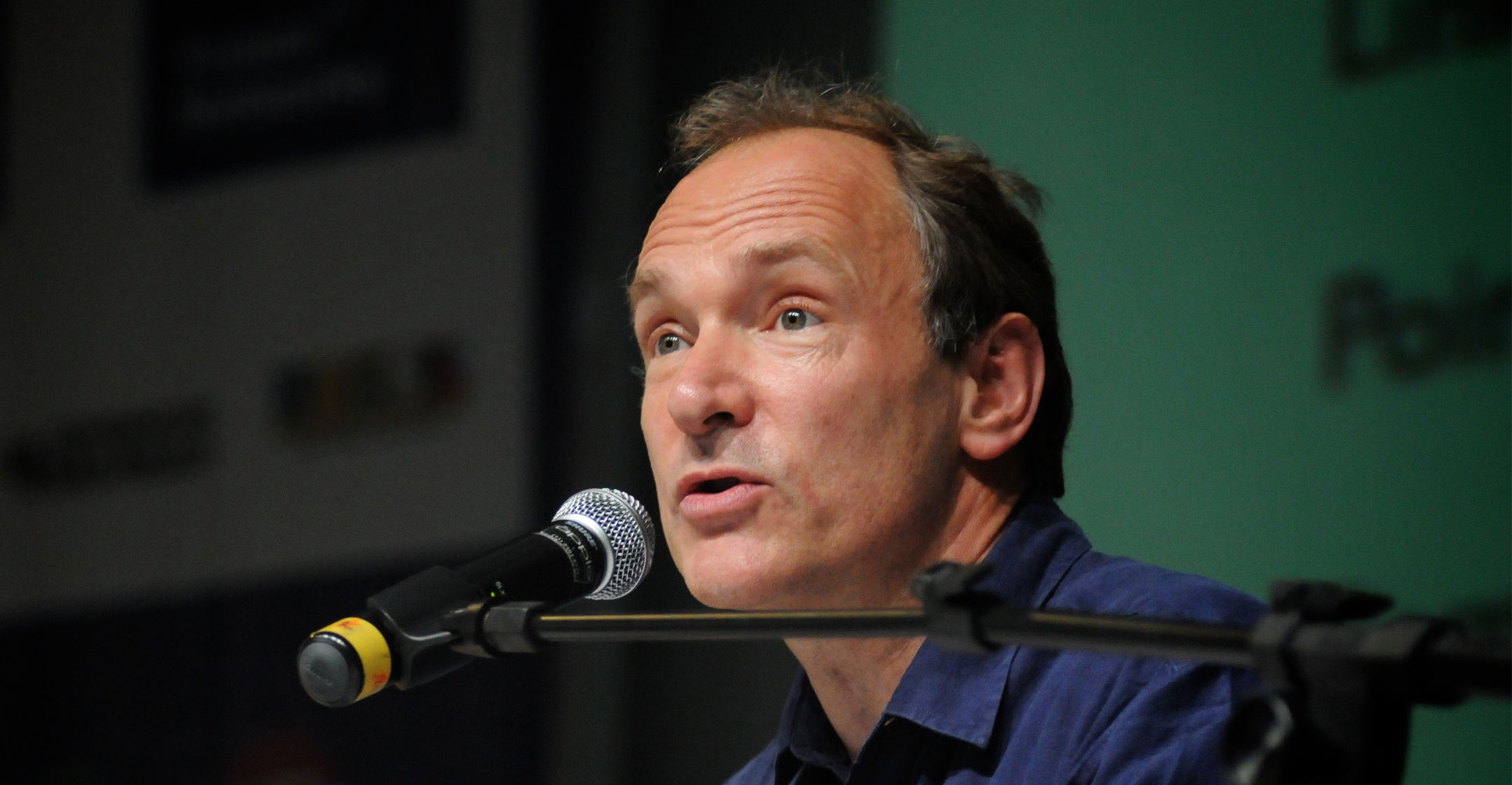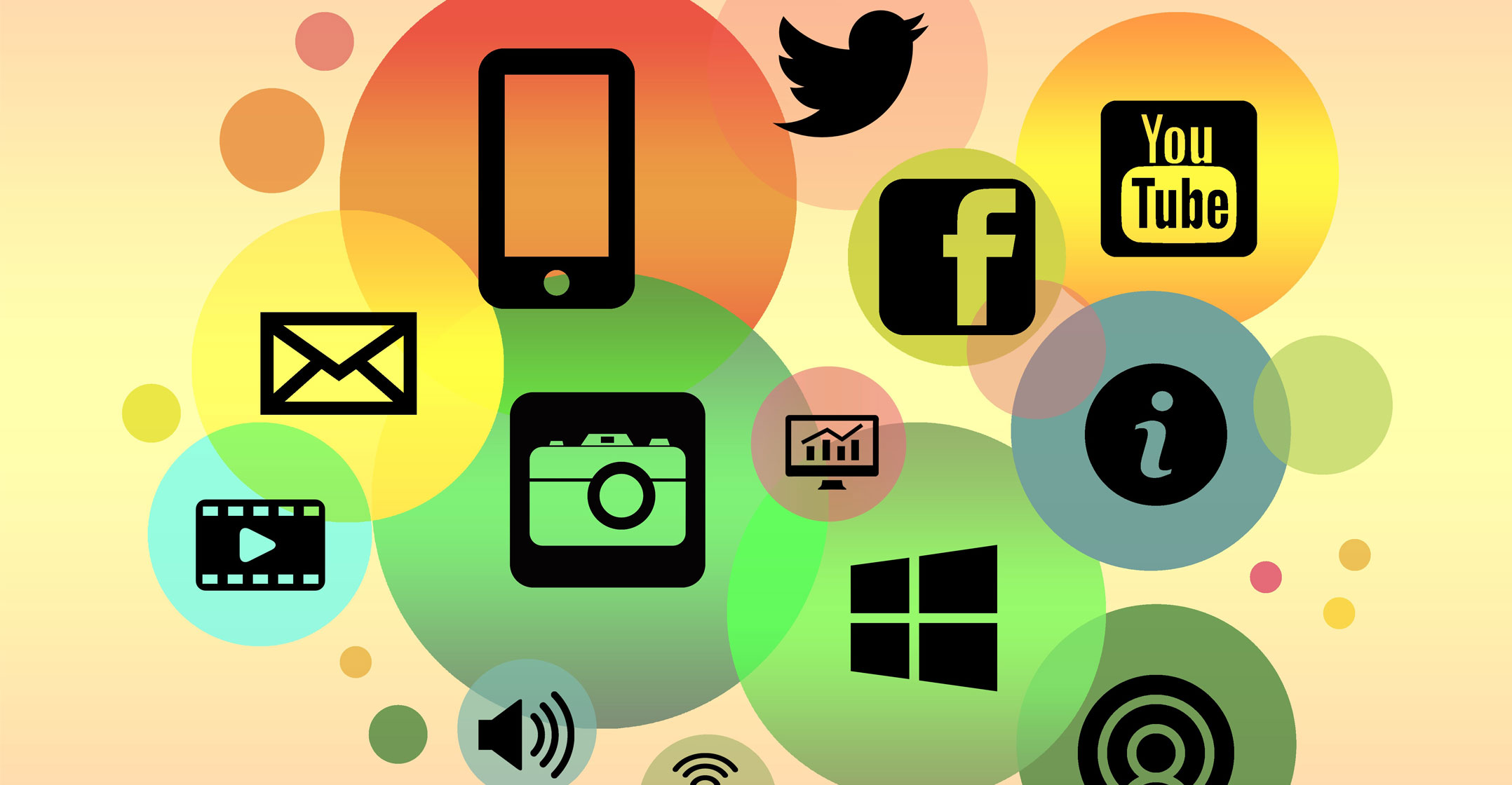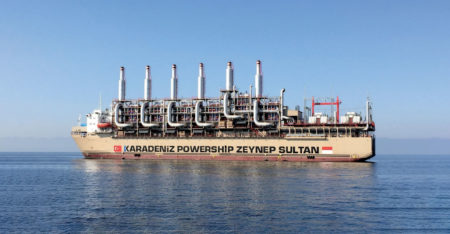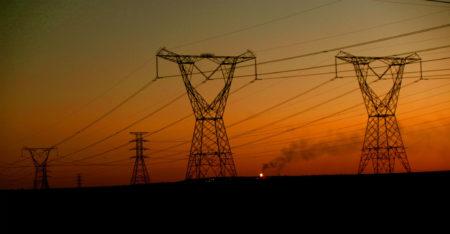
The World Wide Web is 28 years old. But these days it often appears to have the growing pains of a teenager. There’s the scourge of fake news, growing pockets of censorship around the world, the fiery debate over net neutrality and more.
When teens get into trouble, you typically talk to the parents. As it happens, I had the opportunity last week to interview Tim Berners-Lee, a computer scientist who was working for the European research organisation Cern back in 1989 when he proposed the idea of using a tool called a Web browser to visit distinct pages on the Internet, each with an individual domain name and connected via a network of hyperlinks.
A few years later, Berners-Lee founded the World Wide Web consortium, or W3C, to bring companies and developers together to solve problems and create new technical standards. Berners-Lee and I spoke on stage last Wednesday at the end of one of the W3C’s regular plenary meetings, and things got interesting — fast.
I started out by asking him if he occasionally felt like Dr Frankenstein, wondering, “What have I wrought?” while watching the unfolding saga of fake news on the Web and its implications for democracies. “Yeah, I have,” he replied. His concerns during the Web’s first 25 years focused on expanding access to more people. But now he thinks the Web has become as complex and intricate as a human brain — so the tech industry requires a multi-disciplinary approach to “look out for unintended consequences” and study the impact of services as they are introduced to the world. The big tech companies, he said, “need to find engineers and people of all kinds of disciplines who can help you figure out and simulate what will happen if you turn these systems on”.
But too often Web companies just plough ahead without understanding the consequences. He criticised the likes of Google, Facebook and Twitter for creating advertising systems that, for example, incentivised fake news purveyors in Veles, Macedonia, “who learnt that if you tweet something which is wrong, and put an article with a fake headline on your site, you will get more clicks and more ad revenue.
Too much power?
“They didn’t do that out of malice,” Berners-Lee said. “They did it completely commercially, not even caring about who won the election… But Google gave them money (to do it), and that trained them to think of headlines like, ‘Hillary really wants Trump to win.’”
I also asked Berners-Lee if he was worried that big tech companies have too much power. He said the giants of the past, like AT&T, AOL and Microsoft, were once considered unassailable, only to be upended by unexpected competitors: “It’s amazing how quickly people can pick stuff up on the Internet; it’s also amazing how quickly they can drop it,” he said. That said, he worries that “you can’t imagine having such a strong dominance in these markets without losing out on innovation”.

Turning abroad, we discussed efforts to censor Internet content. Early in the Web’s history, there was a belief that “information wants to be free” — that Internet users would find ways to route around attempts at censorship. Berners-Lee conceded that thinking was a “a bit simplistic”. He says there’s “no magic recipe that the Internet will be able to solve censorship, so censorship is something we have to protest against”. Obliquely referencing countries that restrict Internet content — there were attendees from China in the audience — he said: “Openness is a sign of a strong government. You can be strong in lots of different ways. The ability to be strong enough to allow people to see the alternative views of the opposition is a particular strength which I hope various countries will find.”
Another thing weighing on Berners-Lee’s mind is net neutrality. The Trump administration’s Federal Communications Commission, led by Ajit Pai, has pledged to throw out Obama-era rules mandating that all content on the Internet must be treated equally by operators. Berners-Lee is heading to Washington soon to lobby and protest against the change and said that America’s tech leadership is at stake if it doesn’t preserve the separation between content creators and telecommunications companies.
Toward the end of the chat, Berners-Lee said it was important for people to be able to own and control their own data and that companies should think twice before assuming it’s a business asset. “It used to be said that data is the new oil,” he said. “Personally, I think it’s like nuclear fuel. It’s becoming toxic. Two years ago, the question from the board was, ‘How are we monetising the data?’ Now the question is, “How are we protecting ourselves from the damage of this getting out?’”
I asked Berners-Lee if he owned a connected assistant like the Amazon Echo or Google Home. The answer, he said, is no; he believes that when conversations and queries are recorded in our home and transferred to the cloud, they inevitably become vulnerable to intruders and accessible to prying governments. Sounding very unlike the pioneer who created the Web nearly three decades ago, he vowed: “We must resist these technologies.” — Reported by Brad Stone, (c) 2017 Bloomberg LP




